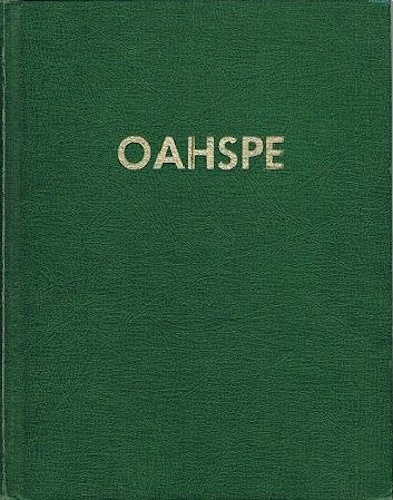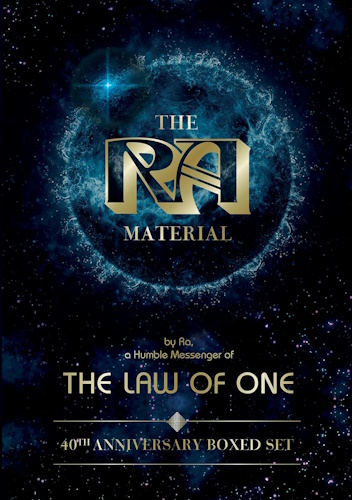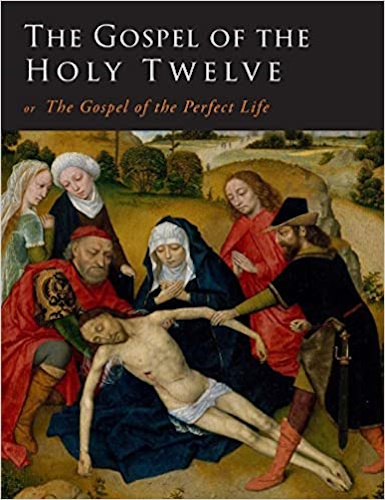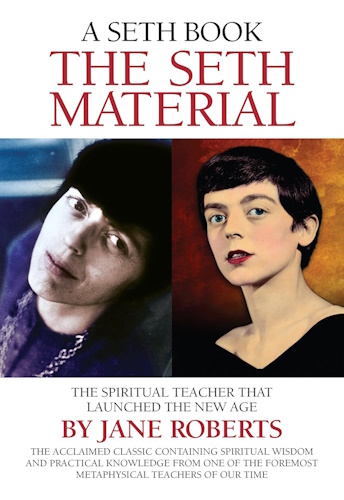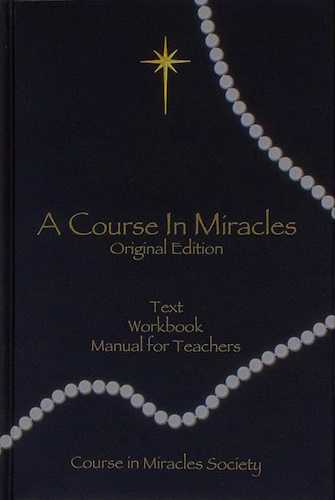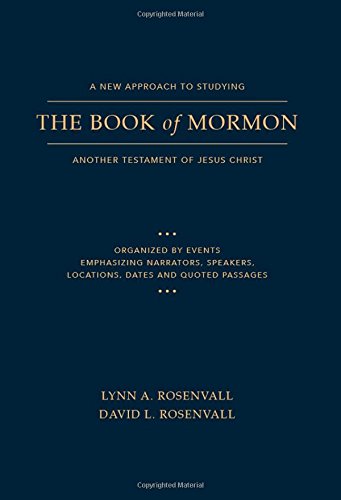
![]()
![]()
Book of the Arc of Bon
Chapter XXIV
1. THE great cities of the ancients in Jaffeth were destroyed by Joss (Te-in) and his evil spirits, who inspired mortals to war. And for the most part, it was a land of ruins, but thousands of cities, standing beside the broken walls, were spread over the entire breadth of the land.
2. Jehovih spake to Chine, saying: Now is a good time for My chosen. Behold My enemies, the idolaters; know thou them by their soldiers. They are weak now. They pant with the labor of their great battles. Let My people come out of their quarters and hold up their heads.
3. Say thou unto them, O Chine, there is no Joss, no Ho-Joss, no Te-in, no Po, no Po-Te-in, to make you afraid. And whilst the enemy resteth, bid My sons and daughters arise! They shall inhabit the land that is spoilt, and cause it to bloom and bring forth abundantly. Call up My outlawed race; the enemy is sick of his wounds; his heart is ashamed and disconsolate, he is cast down.
4. Chine went to A'shong and gathered up many converts, descendants of the Faithists, the pure Brahmins, the line of Zarathustra, the people of the Great All One, who accepted not Gods and Lords. And he established them, and invented plows and mattocks for digging the ground; for these implements had been lost and destroyed, hundreds of years, and no man knew how to make them.
5. Chine said unto them: This is a good philosophy; wait not till ye are well fed and clothed before ye bow down your heads at the altar of Jehovih. When ye have prayed and sung before Him, then go forth into the field to work. And He will bless you.
p. 528
6. Remember the heathen, they say: First provide the natural body, and then the spirit. But I say unto you, Jehovih created them both together. And he who saith: First provide the natural body, never looketh to his spirit afterward.
7. In all things give ye precedence to the spirit; as the Creator is over all His works, so should the spirit of man be over man's works, and over his corporeal body also.
8. Herein laid the foundation of the wisdom of your forefathers, the Zarathustrians. For the heathen and idolater, who labor for self, what are they but servants unto the flesh?
9. Some people labor for the raising of the spirit, which is purity, and love, and goodness, and justice; such people are on the right road to become a great people. But when they strive, every man for himself, such people are beginning to fall.
10. Her boundaries may be large, and her people increasing, but she hah a canker worm within, that soon or late will let her down suddenly.
11. Two extremes meeting are always dangerous: great wealth, and extensive poverty. It not only devolveth on the rich to give their substance to the poor, but they shall go amongst them, teaching them and lifting them up.
12. He who doeth not this, consider how vain it is for him to pray to Jehovih. His prayer riseth not upward. Let him himself first answer the poor. This is the opening of his own soul, so Jehovih can reach him.
13. Remember thou that all men have judgment, and that they should be perfected to see things from their own standpoint, and not from thine. Consider, then, how unjust it is to foist thy opinions on any man, uncalled for.
14. Chine established families of the chosen, but limited them to two hundred; and to each family he gave one priest. But he gave privilege to four thousand people to dwell in one city.
15. Chine said: Ye have been afflicted with Gods; I was sent into the world by the Creator to deliver you unto liberty in the family. I am only a man. I have no authority in myself. Jehovih, the Creator, dwelleth freely in me. Ye can attain the same.
16. Because He is within me, this shall be called Chine-land. There is a time for this. My name is as a post to mark the time when the Creator began His temple of peace, which shall extend over all these people.
17. Jehovih saith: Why will man be vain of himself? Verily have I not created one man on the face of the earth that is himself. He is made up of all oddities, soul and body. Consider his flesh; whence he received it and sustaineth it. Not so much as one hair on his head is of his own making; neither is it made out of new material, but hath been used over and over forever.
18. Even so is his mind not his own; not even his simplest thought; but he is made up of borrowed things from beginning to end, for so I created him.
19. He imagineth I, Who created him, am nothing; but even his imagination he picked up from someone else. He gathereth a little here, and a little there, and then proclaimeth what he knoweth.
20. Chine said: One man saith: I am normal; neither angels or mortals rule over me! Yet he hath only boasted as a crazy man, who will say the same thing. Another saith: Behold my wisdom! the highest of angels course through me. Yet he knoweth not whether it be true or not. Neither do any of them know the fountain head. For if an angel say it, the angel himself is made up of borrowed knowledge.
21. Chine said: I saw a great mathematician one day, and he said: There are no Gods, nor Lords, nor angels, nor any All Person. Everything is void. He showed me a book he had, and I asked: Who made the book? He said: I made it; nay, I made not the cloth, nor the binding; I mean, I made the philosophy that is in the book; nay, I made not the philosophy, but found it; nay, it was not lost; I mean I led myself to find the philosophy; nay, a man cannot lead himself; I mean that I searched and found what was new to me. So, but little of that book was his, after all.
22. I saw three angels standing beside that man, and they were laughing at him. If I had asked the angels, they might have said: Nay, the thoughts were ours. And had I looked further I had seen angels back of them, claiming the same things. Yet, even such are not the highest.
23. Wherefore I say unto you: All things come from an All Highest, name ye Him what ye will. He who saith: Jehovih spake to me: He is the nearest the mark of all. For all good knowledge that cometh to man, is Jehovih's word to that man. Whether it come by an angel or by another man, or by
p. 529
the commonest corporeal thing, it is nevertheless from the All Highest.
24. For which reason bow ye not down in worship to man nor angels, but only to the Highest, Jehovih, for He is the Figure-head and Pinnacle of the All Highest conceived of. And in contradistinction, the all lowest; the foot of the ladder, call ye darkness and evil, and wickedness, and sin, and death and satan.
25. Attribute not to men or angels this or that, for they themselves are not first causes nor responsible but in part; but attribute all good, high, best and wise things unto Jehovih; and all evil, dark, wicked, low things to satan.
26. By these terms ye shall make plain to one another what ye mean; and it is an easy matter to look into your own souls and comprehend as to which of these two ye most incline.
27. The soul may be likened unto a vine, which can be trained either upward or downward. And if ye desire to know if a vine be up or down, look ye for the fruit, and not to the fragrance. Some men pray much, but as to good works they are like a vine without fruit, but with plenty of fragrance.
-
Urantia Book, 44:0.11 - The Celestial Artisans
Never in your long ascendancy will you lose the power to recognize your associates of former existences. Always, as you ascend inward in the scale of life, will you retain the ability to recognize and fraternize with the fellow beings of your previous and lower levels of experience. Each new translation or resurrection will add one more group of spirit beings to your vision range without in the least depriving you of the ability to recognize your friends and fellows of former estates.
-
Princess Bride 1987 Wallace Shawn (Vizzini) and Mandy Patinkin (Inigo Montoya)
Vizzini: HE DIDN'T FALL? INCONCEIVABLE.
Inigo Montoya: You keep using that word. I do not think it means what you think it means. -
Urantia Book, 117:4.14 - The Finite God
And here is mystery: The more closely man approaches God through love, the greater the reality -- actuality -- of that man. The more man withdraws from God, the more nearly he approaches nonreality -- cessation of existence. When man consecrates his will to the doing of the Father's will, when man gives God all that he has, then does God make that man more than he is.
-
Urantia Book, 167:7.4 - The Talk About Angels
"And do you not remember that I said to you once before that, if you had your spiritual eyes anointed, you would then see the heavens opened and behold the angels of God ascending and descending? It is by the ministry of the angels that one world may be kept in touch with other worlds, for have I not repeatedly told you that I have other sheep not of this fold?"
-
Urantia Book, Foreword - 0:12.12 - The Trinities
But we know that there dwells within the human mind a fragment of God, and that there sojourns with the human soul the Spirit of Truth; and we further know that these spirit forces conspire to enable material man to grasp the reality of spiritual values and to comprehend the philosophy of universe meanings. But even more certainly we know that these spirits of the Divine Presence are able to assist man in the spiritual appropriation of all truth contributory to the enhancement of the ever-progressing reality of personal religious experience—God-consciousness.
-
Urantia Book, 1:4.3 - The Mystery Of God
When you are through down here, when your course has been run in temporary form on earth, when your trial trip in the flesh is finished, when the dust that composes the mortal tabernacle "returns to the earth whence it came"; then, it is revealed, the indwelling "Spirit shall return to God who gave it." There sojourns within each moral being of this planet a fragment of God, a part and parcel of divinity. It is not yet yours by right of possession, but it is designedly intended to be one with you if you survive the mortal existence.
-
Urantia Book, 1:4.1 - The Mystery Of God
And the greatest of all the unfathomable mysteries of God is the phenomenon of the divine indwelling of mortal minds. The manner in which the Universal Father sojourns with the creatures of time is the most profound of all universe mysteries; the divine presence in the mind of man is the mystery of mysteries.
-
Urantia Book, 1:4.6 - The Mystery Of God
To every spirit being and to every mortal creature in every sphere and on every world of the universe of universes, the Universal Father reveals all of his gracious and divine self that can be discerned or comprehended by such spirit beings and by such mortal creatures. God is no respecter of persons, either spiritual or material. The divine presence which any child of the universe enjoys at any given moment is limited only by the capacity of such a creature to receive and to discern the spirit actualities of the supermaterial world.
-
Urantia Book, 11:0.1 - The Eternal Isle Of Paradise
Paradise is the eternal center of the universe of universes and the abiding place of the Universal Father, the Eternal Son, the Infinite Spirit, and their divine co-ordinates and associates. This central Isle is the most gigantic organized body of cosmic reality in all the master universe. Paradise is a material sphere as well as a spiritual abode. All of the intelligent creation of the Universal Father is domiciled on material abodes; hence must the absolute controlling center also be material, literal. And again it should be reiterated that spirit things and spiritual beings are real.
-
Urantia Book, 50:6.4 - Planetary Culture
Culture presupposes quality of mind; culture cannot be enhanced unless mind is elevated. Superior intellect will seek a noble culture and find some way to attain such a goal. Inferior minds will spurn the highest culture even when presented to them ready-made.
-
Urantia Book, 54:1.6 - True And False Liberty
True liberty is the associate of genuine self-respect; false liberty is the consort of self-admiration. True liberty is the fruit of self-control; false liberty, the assumption of self-assertion. Self-control leads to altruistic service; self-admiration tends towards the exploitation of others for the selfish aggrandizement of such a mistaken individual as is willing to sacrifice righteous attainment for the sake of possessing unjust power over his fellow beings.
-
Urantia Book, 54:1.9 - True And False Liberty
How dare the self-willed creature encroach upon the rights of his fellows in the name of personal liberty when the Supreme Rulers of the universe stand back in merciful respect for these prerogatives of will and potentials of personality! No being, in the exercise of his supposed personal liberty, has a right to deprive any other being of those privileges of existence conferred by the Creators and duly respected by all their loyal associates, subordinates, and subjects.
-
Urantia Book, 54:1.8 - True And False Liberty
There is no error greater than that species of self-deception which leads intelligent beings to crave the exercise of power over other beings for the purpose of depriving these persons of their natural liberties. The golden rule of human fairness cries out against all such fraud, unfairness, selfishness, and unrighteousness.
